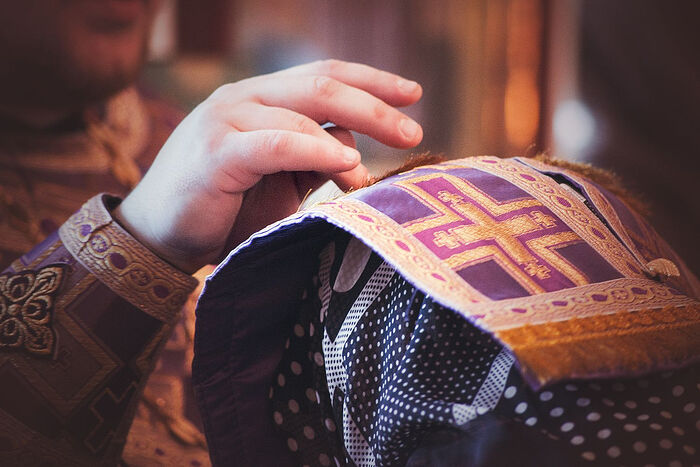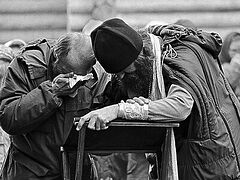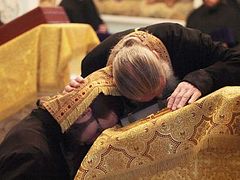What does our usual confession look like? For most people, it is a list of their bad deeds, their shameful desires and, sometimes, thoughts. We feel that all this is inconsistent with the high calling of a Christian. This worries us. But you don’t have to be a Christian to worry about your bad deeds and to fight your passions,. Without any correlation with the Gospel teaching, people outside the Church have all these same worries. They only try to cope with themselves by other methods. By Self-hypnosis. Or visits to psychologists. And in fact, confession in this vein is nothing more than a psychological therapeutic tool, and doctors resort to something similar. However, you can do without doctors, you can just open up to your close friend, see yourself from the outside and, if this is really a friend, become a little better. And you can start blogging—it helps a lot. Christianity has absolutely nothing to do with such a confession. More often than not, there is no place for God in it.
When Christ talks about the life of the age to come, about the Kingdom of Heaven, we do not register what we are forbidden to do. In all His words dedicated to this issue, He does not emphasize what we do, but what we could or should do, but do not do. Moreover, this “should” is not always obvious. It was not obvious to the rich man. He did everything right. He did not drive Lazarus away and even showed sympathy for him. But he did not find the strength to fully enter into the suffering of man, whose hope and support, as follows from the translation of his name, is God alone. That is why the rich man was condemned. Once again, the Lord puts before us a serious question: What are we doing for our neighbors who are in a difficult life situation? Our future depends on the answer to this question. And, alas, there will be no excuses.




